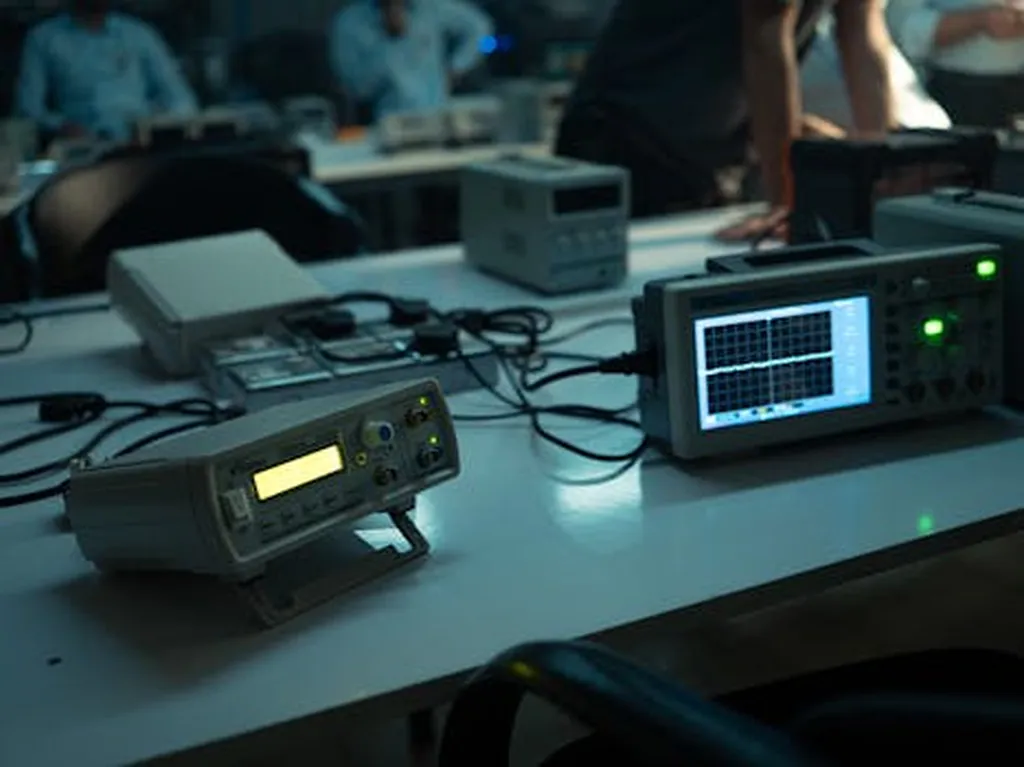In the high-stakes environment of hospital operating rooms, maintaining precise control over temperature and pressure is not just a matter of comfort—it’s a critical factor in patient safety and surgical precision. A recent study published in the journal *Sensors* (translated from Arabic as “المستشعرات”) introduces a groundbreaking cascade control system designed to revolutionize Variable Air Volume (VAV) systems in these critical care settings. The research, led by Abdulmohaymin Bassim Qassim from the Department of Artificial Intelligence & Robotics Engineering at Al-Nahrain University in Baghdad, offers a promising solution that could reshape the future of building automation and energy efficiency in healthcare facilities.
The study focuses on the design and implementation of a dual-loop Proportional–Integral (PI) controller that ensures operating rooms adhere to the stringent standards set by ASHRAE Standard 170-2017. This cascade control system employs advanced sensors and actuators, working seamlessly with Building Automation System (BAS) components from Automated Logic Corporation (ALC), including Direct Digital Controllers (DDC) and Web-CTRL software. The system’s innovative design allows for real-time feedback, precise control, and significant energy savings.
“Our goal was to create a system that not only meets the rigorous demands of operating rooms but also enhances energy efficiency,” said Qassim. “The cascade PI control strategy has proven to be highly responsive, stable, and flexible, even under rapid load changes and door openings.”
The empirical validation of the system at the Korean Iraqi Critical Care Hospital in Baghdad demonstrated its exceptional performance. The control system maintained temperature between 18 and 22 °C and differential pressure between 3 and 15 Pascals, ensuring a sterile environment. Four performance scenarios—normal, high-temperature, high-pressure, and low-pressure—were tested, confirming the system’s reliability and effectiveness.
The implications of this research extend beyond the healthcare sector. The cascade control system’s ability to optimize energy usage while maintaining precise environmental conditions could have significant commercial impacts in the energy sector. As buildings become smarter and more interconnected, the demand for advanced control systems that balance performance and efficiency will only grow.
“This research is a step forward in the integration of advanced control strategies with building automation systems,” Qassim noted. “It sets a new benchmark for environmental control in critical care settings and paves the way for future developments in the field.”
The study’s findings suggest that the cascade PI control strategy could become a standard in healthcare facilities, ensuring compliance with strict standards while reducing energy consumption. As the world moves towards more sustainable and efficient building practices, innovations like this will play a crucial role in shaping the future of the energy sector.

